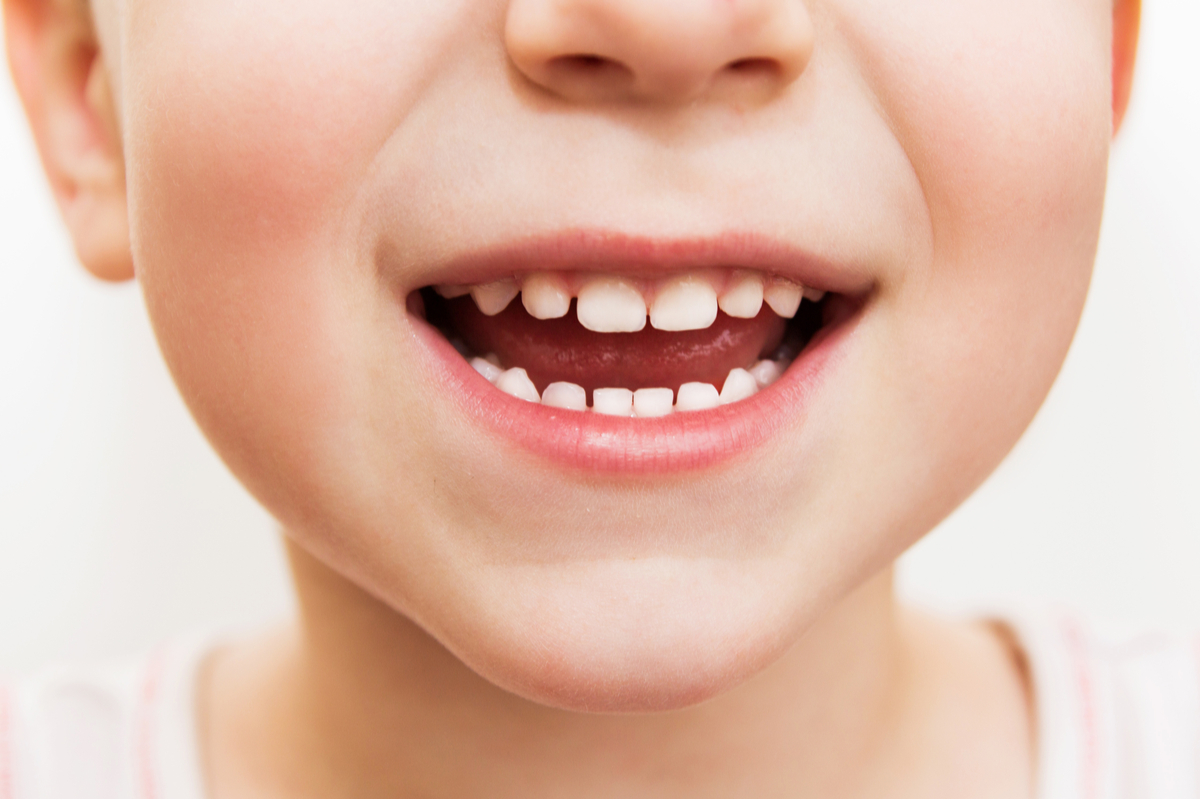Caring For Your Child’s Teeth
Caring for your child’s teeth begins before they even have any. The American Dental Association recommends starting oral health care on babies before teething begins, cleaning and protecting gums against infections so that teeth can come in healthy. Once your child has baby teeth, keeping them free from decay will better aid the proper growth and development of permanent teeth in the future.
Decaying baby teeth can cause damage to the permanent teeth waiting underneath the surface. If a child loses a baby tooth due to decay, the health of the permanent tooth underneath can be affected, causing irregular growth and crowding problems later in life.
Proper Dental Care For Babies
Most babies begin the teething process around three months old, with the first teeth appearing typically about 6 to 9 months. A baby can have around 8 to 9 teeth by the first birthday; however, differences in development may cause this number to vary naturally.
Gum cleaning should begin as early as possible in the baby’s development. You can gently wipe the baby’s gums and teeth with a soft cloth or soft baby toothbrush. Toothpaste is not necessarily needed at this young age; however, if you choose to use toothpaste, select a product specifically for babies.
Encouraging Good Oral Hygiene
As you routinely clean your baby’s teeth, you teach them good oral hygiene practices, which they will naturally begin to exhibit independently. Usually, around 7 or 8 years of age, children can start to take over the teeth brushing duties independently, with your guidance and oversight.
Tips For Teeth Cleaning
Children’s gums should be cleaned twice each day in the morning and before bed. You should also get into the habit of cleaning your child’s teeth after each meal to avoid tooth decay. Once your child reaches the appropriate age, you should use a toothpaste that contains fluoride suitable for pediatric use.
Fluoride helps to strengthen the outside of the tooth, protecting it from decay. To clean buildup between the teeth, you should floss your child’s teeth as soon as they have more than one tooth come through that are next to one another. With daily gentle flossing, you can help to strengthen gums and avoid decay.
Visiting The Dentist
Before your baby’s first birthday, schedule an appointment with your dentist. At this initial appointment, your dentist will examine your child’s mouth to ensure its proper development, advise you on oral health care, and answer any questions you may have about teething or other concerns. Once you’ve established this first visit, make sure you continue to schedule regular exams for your child.
